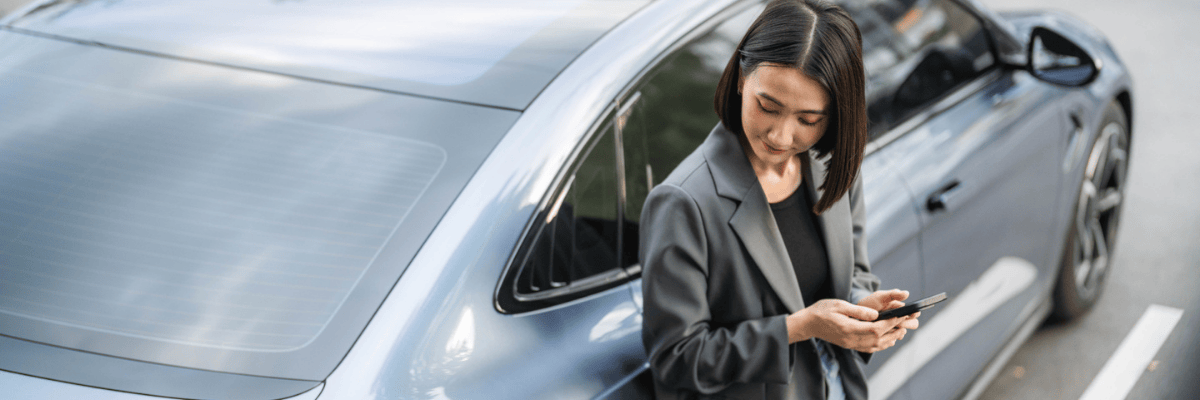As Americans navigate a changing automotive landscape, many are broadening their awareness of new and emerging car brands, yet remain cautious about shifting away from legacy automakers. New findings from YouGov’s The Road Ahead: US next-gen car outlook 2025 reveal a market shaped by cost-consciousness, reliability concerns, and a renewed preference for gas-powered vehicles as interest in EVs slips sharply. While enthusiasm for brands like Rivian, Polestar, and Lucid Motors continues to grow, affordability and trust remain pivotal in determining what consumers choose next.
More than a third of Americans (37%) can now name at least one emerging carmaker. Rivian leads with 30% awareness, followed by Polestar (14%) and Lucid Motors (11%). Awareness climbs even higher among those planning to buy a car within the next three years, suggesting that proximity to purchase increases engagement with newer brands. This near-term buyer segment, 27% of all adults, skewing younger and more likely to be employed full-time, shows the greatest openness to considering nontraditional automakers. 14% say they would consider purchasing from a new or emerging brand, compared to 7% of US adults overall.
Despite this curiosity, consumers continue to prioritize practical considerations above all else. Affordability is the top motivator for choosing a new or lesser-known brand (49%), followed closely by long warranties (40%) and fuel economy (39%). At the same time, substantial barriers remain. Cost is the leading obstacle to purchase (78%), with reliability concerns (61%) and brand unfamiliarity (51%) also keeping many buyers tethered to more established manufacturers.
One of the most notable shifts in this year’s data is the rebound of gas-powered vehicles. 70% of likely buyers plan to choose a gas engine for their next purchase - up from 55% in March 2024. In contrast, interest in electric vehicles has declined significantly. EV consideration among likely buyers has dropped 43% year over year, falling from 14% to just 8%. This trend suggests that concerns about affordability, long-term value, and charging infrastructure continue to weigh heavily on consumer decision-making.
When it comes to global perceptions of automakers, Americans most often associate China with the world’s fastest-growing automotive brands (21%), yet Chinese manufacturers lag significantly in terms of trust and perceived quality. Japanese automakers lead in consumer confidence, ranking highest for reliability and quality. American automakers also perform strongly, second for value and third for quality, reflecting the continued strength of established domestic brands.
Together, these findings paint a picture of a market defined by curiosity and caution. While many consumers are open to exploring innovative brands, traditional automakers still benefit from strong name recognition and deep-seated trust. With affordability pressures top of mind and EV momentum slowing, 2025 is shaping up to be a pivotal year for both legacy manufacturers and emerging players competing for America’s next generation of car buyers.
“Americans are open to new possibilities on the road, but trust and value remain make-or-break factors,” said Lizzy Greer, Data Consultant, YouGov America. “Emerging automakers can win over consumers by demonstrating reliability, standing behind longer warranties, and proving that innovation doesn’t have to come at a premium.”
Findings from The Road Ahead: US next-gen car outlook 2025 are based on YouGov Surveys conducted September 17–October 10, 2025 (n=1,499 US adults), a supplemental survey from November 9, 2025, and CategoryView automotive trend data collected March 2024–September 2025.
